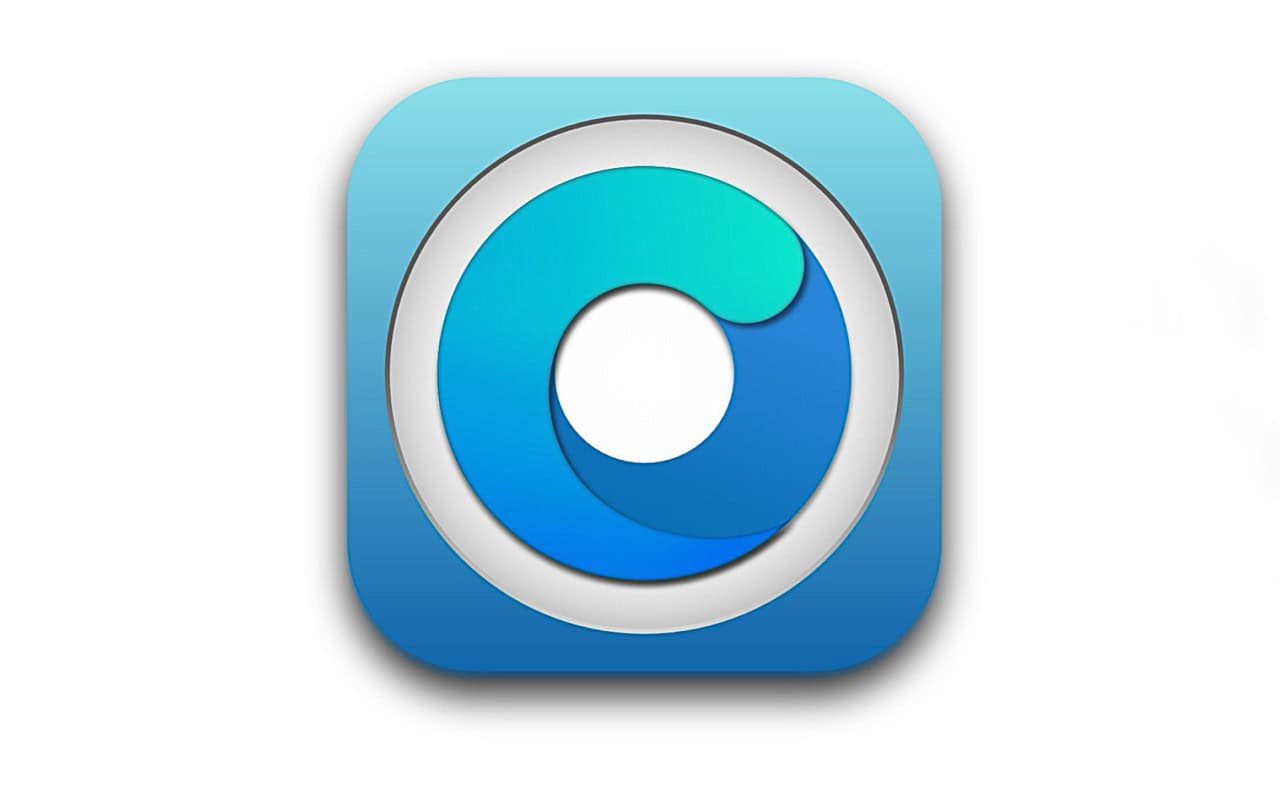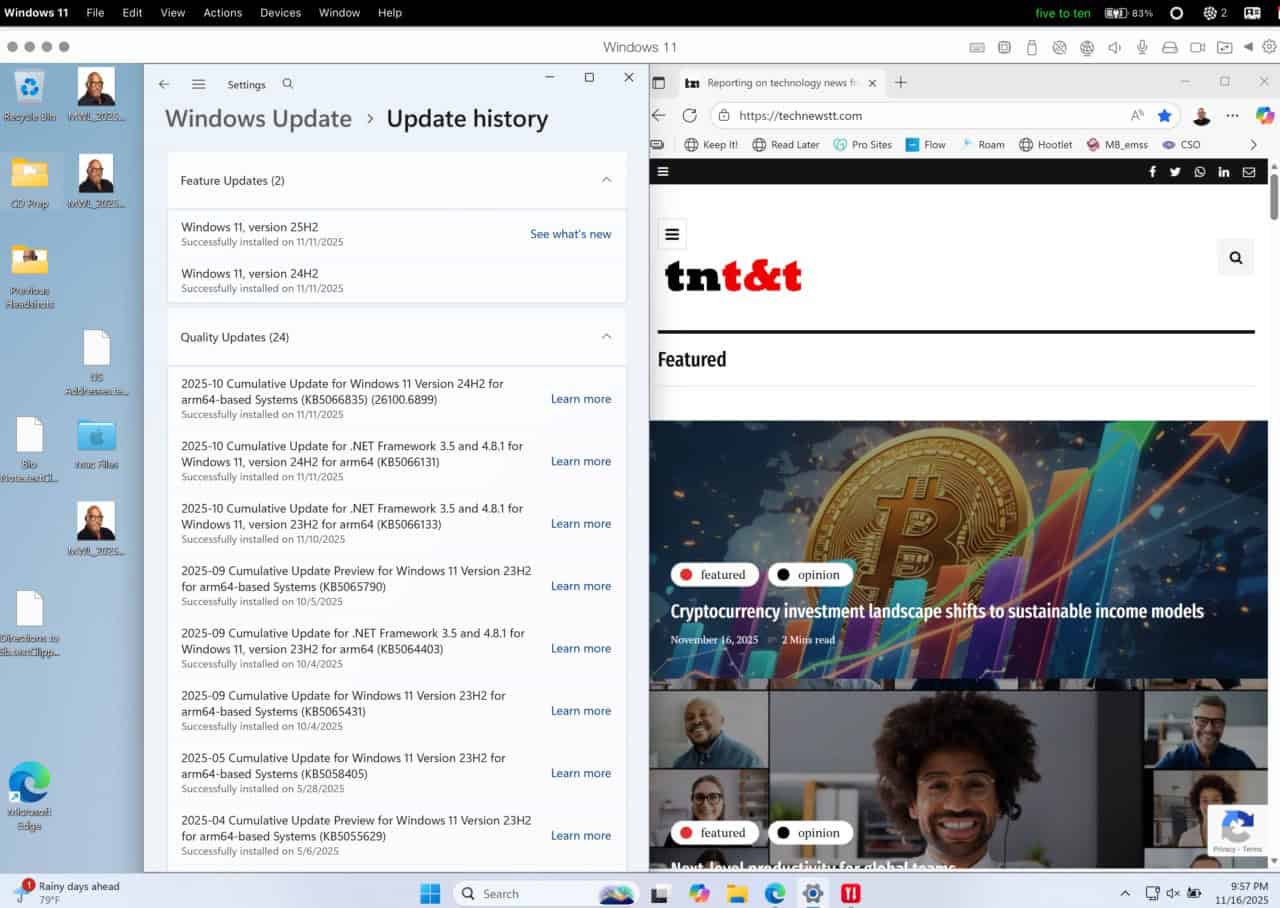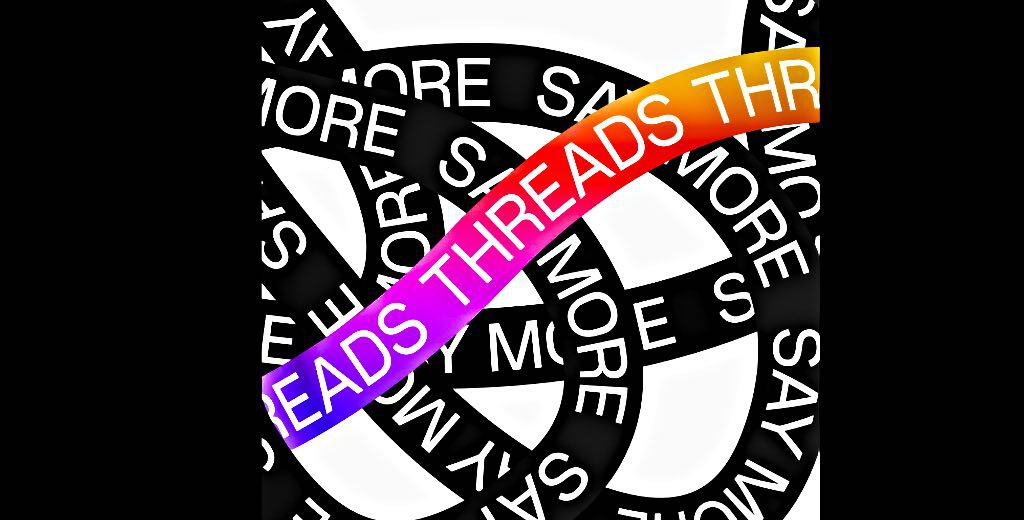
Above: The Threads log in screen graphic.
BitDepth#1414 for July 10, 2023
To understand the volatile state of microblogging, consider the story of New Coke. In 1985, the Coca-Cola company introduced a new version of its flagship soft drink.
The new formulation was sweeter and a bit lighter on the palate than the original blend and was introduced on the strength of almost two hundred thousand taste tests.
Coca-Cola was going after Pepsi, which had been running its ‘taste test’ campaign for years.
The result was a disaster. After two months, the original product was returned to the shelves as Classic Coke. New Coke lived on as Coke II until 2002.

There’s even a possibly apocryphal story that Pepsi, having long broken the Coke formula, was preparing its own clone, Savanna Cola.
If its competition didn’t want to sell Coke, Pepsi reasoned, they would.
Which brings us to Twitter and Threads, Facebook’s entry in the microblogging game.
There’s no love lost between Elon Musk and Mark Zuckerberg. The two tech leaders recently had an online spat that ended with the techies threatening a cage match fight.
Their public differences were clear in 2016 after a Space X rocket exploded, destroying a Facebook satellite.
For Meta, there are sound reasons for Facebook to consider beating Twitter at the game it invented. If people are leaving the platform, why not give them somewhere to go?
It’s actually the second time to market for Threads, which was introduced in 2019 along with Direct, a SnapChat rival. Direct died fast, but Threads frayed over two disappointing years. Nobody wanted another Twitter then.
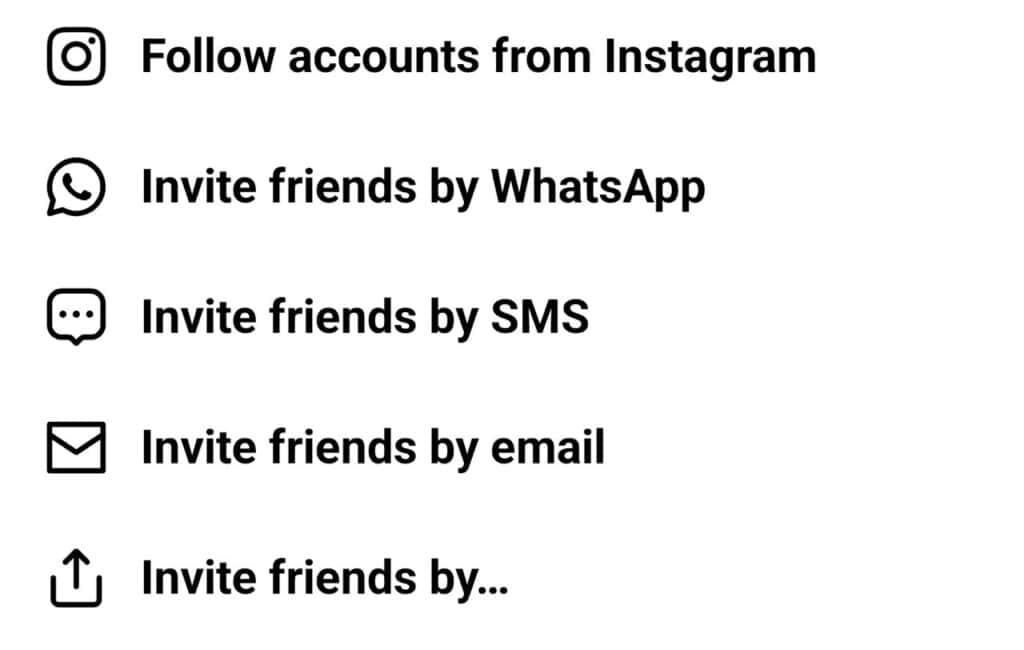
The new Threads evolved out of a plan to introduce Instagram Notes and the haste shows. Threads is available only as an app for iOS and Android.
There are no apps for Windows or the Mac and web pages related to the platform do not load up to yesterday.
Meta has earned staggering indifference for its core product, Facebook, and some very specific recent annoyance over changes to Instagram and even the almost unassailably ubiquitous WhatsApp.
Despite that, Meta hasn’t managed to inspire the abyss of disaffection that’s dogged Twitter since Elon Musk took over the company just seven months ago.
The Threads launch came on the heels of a controversial decision to limit access to Twitter that left prolific but unverified users with empty feeds.
Within a day of its introduction, Threads racked up 10 million users. The app may be limited in functionality (no DMs), but you can import your entire IG social graph in one click, which kickstarts interaction.
Eight hours after joining, I had more followers on Threads than on all the Twitter rivals I’d joined combined.
The current user profiles of competing microblogging services is as follows. Twitter has 250 million users. Tumblr, the other, still rather quirky microblogging veteran, is at 135 million.
Mastodon has 10 million users spread across multiple server instances. The largest of these is mastodon.social. After joining mastodon.world, I recently switched to mastodon.social because it’s better supported by social automation tools.
Hive Social has one million users. Post.news is at 900,000 and this month introduced its first app for iOS users. Twitter founder Jack Dorsey’s BlueSky has 180,000 invited users, with 1.9 million waitlisted.
Twitter has the advantage of incumbency and 17 years of development. Its users are or more likely were committed advocates of its value proposition.
Of all the Twitter alternatives, Threads is the platform with the easiest on-boarding and fastest payback for time invested, but it’s worth noting that it took Twitter years to build the communities that eventually became its backbone.
Threads will benefit from piggybacking on Instagram’s two billion users, but beware. At this stage of the platform’s development, you can’t delete Threads without deleting your entire Instagram account.
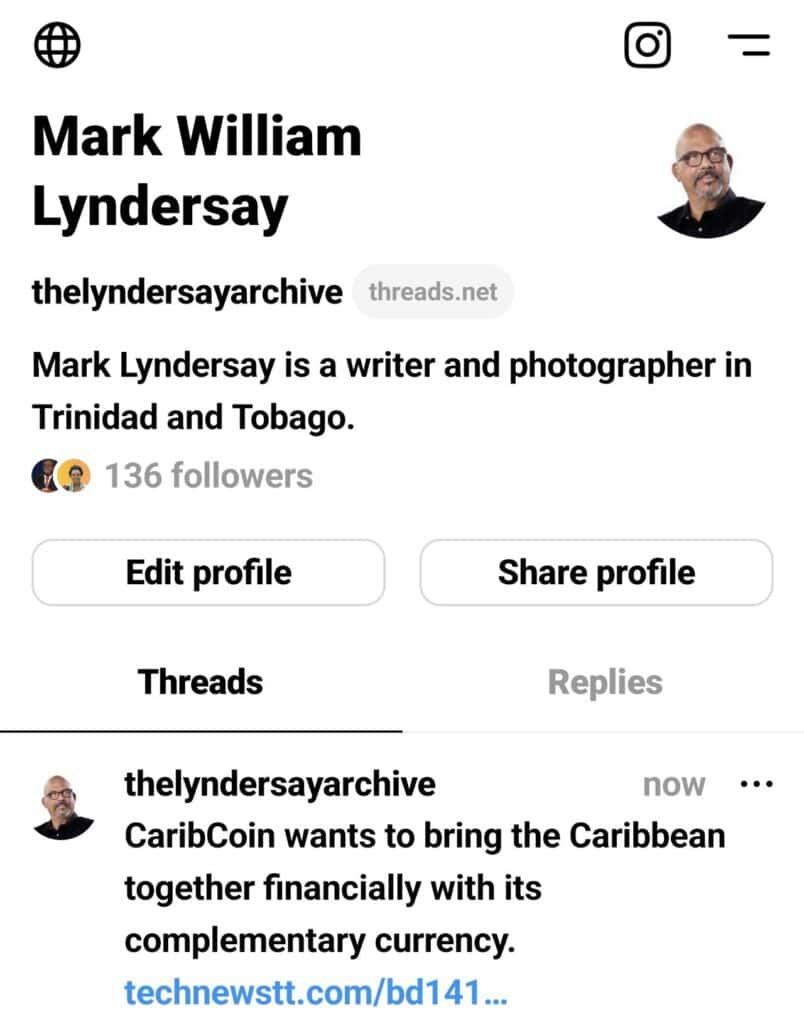
The most important aspect of all this activity in the space is the work that’s going on in the engine rooms of these platforms and the prospect of potential interoperability and exchange between them.
Mastodon set an important benchmark with the idea of making user data and connections transferable between servers. When I switched servers on that platform, my few posts remained behind, but the contacts I’d made went with me.
The concept of the Fediverse, a federation of servers that exchange information in ways that bring value to the user – instead of the company running the platform – might be in its infancy, but it’s a big concept that has the potential to change the very nature of social media interaction.
The leading protocol in this evolution is ActivityPub, introduced as a standard by the Worldwide Web Consortium in 2018.
It’s supported widely by Mastodon and two dozen open source communications packages you’ve never heard of (Hubzilla, Pleroma, Friendica among others) and interoperability is being widely and actively tested.
Threads and Tumblr have promised to support this useful protocol.











